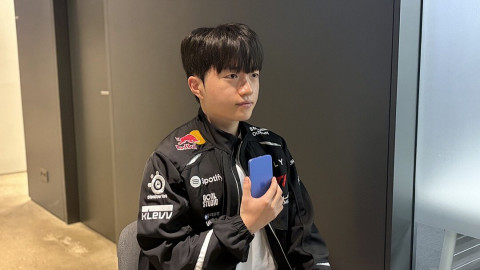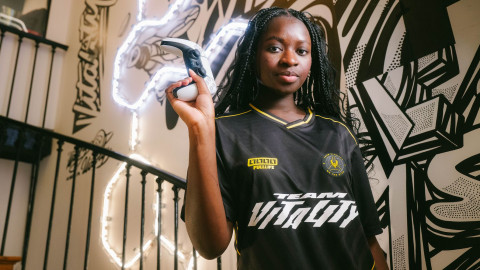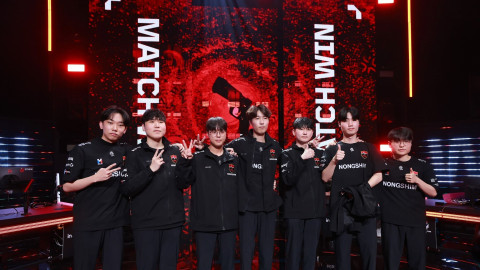
“There are too few ‘smart’ players left — to the point where offers have started going out to retired LCK players.”
I heard that from one LCK team official and it felt like I’d been hit on the head. For the past 2-3 years, LCK organizations have been prioritizing mechanics and young age when picking trainees. Age and mechanics have a strong, two-way correlation — young players tend to have good mechanics, and good mechanics tend to be found in young players.
The trainees that possessed those great mechanics fiercely competed to debut in the LCK, and the hottest prospects of them — those that survived the culling — eventually debuted on the stage as rookies. But as the sun rose for the youngsters, it set for the old-timers. The veterans that used to rule the LCK started to retire one by one.
LCK entered its “era of mechanics”.
The new era ushered a number of new problems that team coaches and scouts started to encounter during scrims. Many of the players they tested lacked “brightness” — the ability to shotcall, communicate, plan, navigate macro, or stay concentrated in the late-game. Simply put, those new trainees and rookies were capable in 1v1 scenarios, but not in 5v5. And as teams committed to more and more mechanically-gifted prospects, they created rosters that lacked other abilities. The only way out for such teams would be to wait for the young players to gain enough experience, but since teams also looked for short-term results, it created a no-win scenario.
Lack of analysis was another problem. According to most officials, very few players study the game these days. Patch notes accompany any new patch release — which, be it big or small, always affects the meta — but, surprisingly, there aren’t many players that read the patch notes thoroughly. What’s more, there were even players who didn’t know what a certain skill’s passive effect did, since they never read the skill properly.
This isn’t a universal phenomenon for all rookies and trainees in this “era of mechanics” but most players with good mechanics play on instinct. They trust their talent to dictate the good play and usually prefer practicing the game over reading, analyzing, and researching. One team official said that even trainees have their own coaches, so they get accustomed to being spoon-fed — their coaches teach them everything from A to Z and players never have to discover or learn anything on their own.
READ MORE
Uzi founds his own esports team, looks to hire Wild Rift players
One of the solutions that LCK orgs came up with for this problem is to balance new and old players — pairing veterans with youngsters so they can help each other in the areas they each lack. More importantly, LCK needed the leadership qualities of the veterans. Only, most of the “smart” veterans retired after the 2020 season and so the teams’ choices were far from abundant.
Some teams, who are in dire straits to say the least, even approached players who had retired over a year ago. There are names that tend to come up when looking for this League of Legends “brightness” — Cho “Mata” Se-hyeong, Go “Score” Dong-bin, Kang “Ambition” Chan-yong, and several more, whom I’ll not name here.
What’s ironic is that these veterans retired particularly because they arrived at their mechanical limit at their older age. For multiple reasons, these players have not returned, but it speaks volumes that LCK teams would even attempt to bring them back. Now, being a “smart” player will be more valuable in the era of mechanics.
Sort by:
Comments :0







